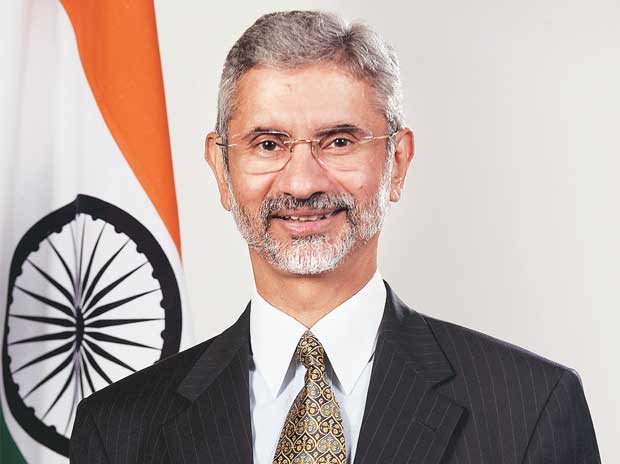S Jaishankar has been appointed external affairs minister of India.
The then foreign secretary Jaishankar had visited Nepal days before promulgation of the Constitution to persuade Nepali leaders to postpone promulgation to include the demands of agitating Madhes-based parties. He was apparently miffed at the reluctance of Nepali leaders to heed his advice and was believed to be the key man to convince Indian Prime Minister Narendra Modi to impose blockade on Nepal immediately after promulgation of the Constitution.
Sushma Swaraj, who headed the ministry in Modi's first term, had not contested the recent Lok Sabha elections and requested Modi to not consider her for any ministerial berth citing her health conditions.
Jaishankar, who has been India’s longest serving foreign secretary in recent times, was also India’s longest-serving envoy in Beijing before that. He was also an ambassador to the US and handled tricky issues with Washington including the civil nuclear deal and the Devyani Khobragade issue.
Jaishankar caught Modi’s attention when he visited China as Gujarat chief minister in 2012. The meetings with important Chinese personalities that Jaishankar had set up for Modi impressed him. Jaishankar gave importance to Modi even as Indian envoys in some other countries that he visited as CM did not accord him adequate importance.
Similarly, BJP President Amit Shah, who is considered to be the mastermind behind Modi's electoral victories, has been made home minister. Previous home minister Raj Nath Singh has become defense minister.

